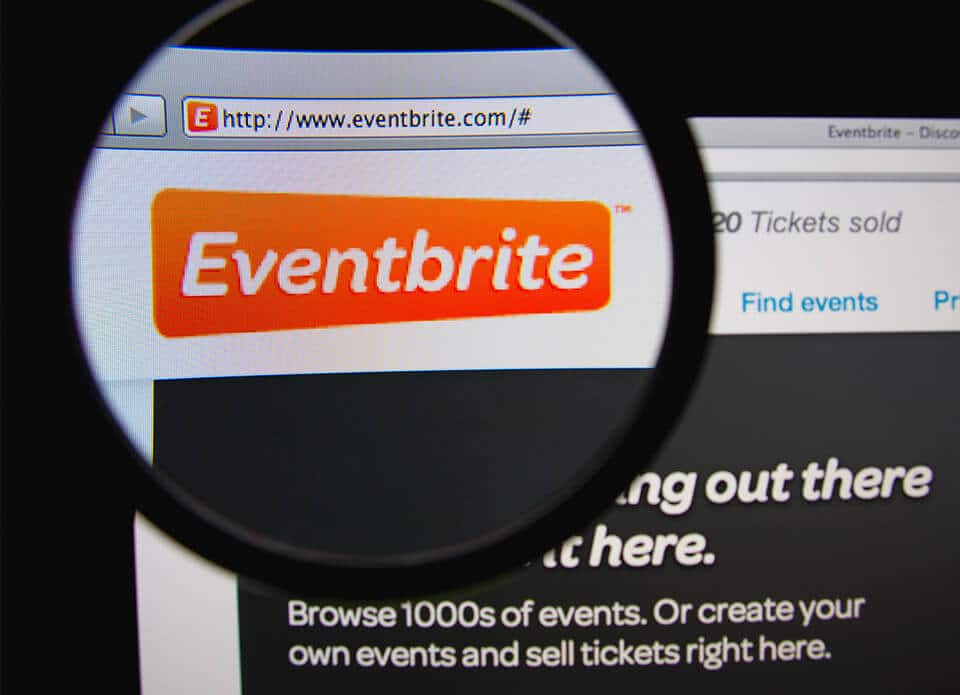Hosting a successful marketing event doesn’t have to be hard. Whether it’s gathering your customers together, an industry conference, or an employee celebration, your business should put on its fair share of events. These events are important and require considerable time to plan, market, and execute, which can limit how much effort you devote to other tasks.
It would be ideal to have an entire team devoted to event planning, but if you don’t have the budget for a team, you can leverage event technology instead, including tools and event platforms that automate the event management process.
How to Host a Successful Marketing Event
Here are some ways that you can more effectively manage your events, no matter how big or small.
Utilize Event Platforms
Eventbrite is the world’s leading event technology platform. Besides providing a framework for hosting all types of events, such as music festivals, conferences, contests, fundraisers, gaming competitions, and more, the event technology company provides an increasingly automated and integrated system for creating, promoting, and hosting these events.
The good news is, many of the aspects of an event can now be integrated and automated. There are more than 130 extensions that shorten the time you need to spend on an event. Many of these extensions you may already recognize and use, which makes employing an event platform even easier.
For example, you can use MailChimp from the Eventbrite event platform to send personalized, automated emails to sell event tickets. SurveyMonkey automates the event feedback process to determine what your guests thought of the event and what you might improve. Also, Eventbrite has a Publish to the Facebook tool and the ability to integrate with Hootsuite to get the word out about your event. Finally, Zapier extends the automation capabilities within the platform to perform numerous event-related tasks, thus removing the need for any manual data entry.
Understand Event Planning Automation Technologies
Event planning automation is advancing in many ways. Radio-frequency identification (RFID) technology – which has been around for a while – is now becoming a more common tool for automating aspects of an event. For example, the system can be used on attendee wristbands for large-scale events, saving considerable resources and eliminating manual checks. In addition, the stored information can help you enhance the customer experience at the event. Attendees will not need to worry about carrying credit cards or a ticket but can just enjoy the show.
Furthermore, the data from those RFID wristbands can be analyzed through machine learning to deliver new insights that can lead to improved events for you and your audience. Various types of intelligent analytics can now be used to look at every aspect of the event to identify what the audience liked, what delivered the greatest return, and what needs more thought.
Use event engagement technologies.
Attendee engagement is a vital part of the event management process. It could make a difference in the number of attendees who return to future events you hold, as well as the recommendations-or complaints-they share with their network. These technologies offer an incredible range of ways to engage with your attendees, such as gamification, social walls, live streaming, second-screen technology, people discovery, content sharing, and attendee logistics.
Although event engagement technologies like the virtual reality viewers work well for large-scale events, you can still utilize engagement techniques for smaller events like lunch and learns or client appreciation days. Having social media contests, live streaming, and content sharing opportunities makes your event stand out from the crowd.
Offer Rewards for Feedback
The only way to know if your event worked is to ask those who attended. You may feel like it was incredibly successful, while the attendees may think differently. You don’t want to figure that out at your next event where no one shows up. To combat this potentially embarrassing situation, use surveys and offer rewards to those who complete them. Let’s say you’re hosting a lunch and learn at your facility. Create a digital version of your survey, let your attendees know that if they complete the survey at the end of the lunch, they’ll be sent a T-shirt or other promotional material. It’s a fast and easy way to get feedback, and your events will positively evolve over time.
A Complete Event Package
This intriguing list of event technologies illustrates the significant changes that have occurred in event management in recent years. There are many ways to reduce the time you spend managing events while also increasing the overall experiences you create and the insights you can glean from them. Even better is that these event technologies are fairly affordable and have proven to deliver a considerable return on investment.
Check out more of our business blogs at PGH Networks!

